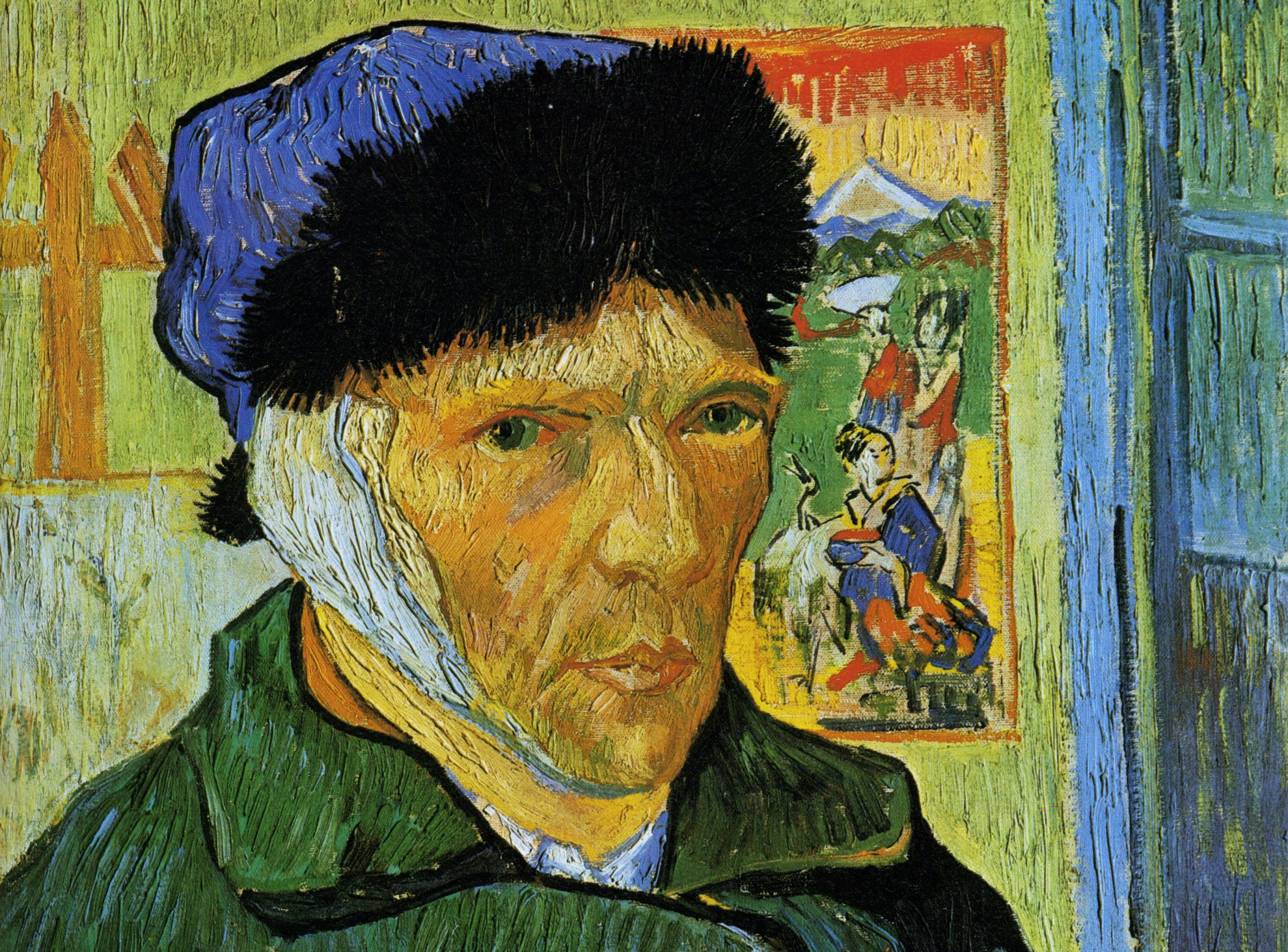
The unnamed narrator (Hoa Xuande) of “The Sympathizer” flees the fall of Saigon as a refugee and lands up in sunny Los Angeles in the late ‘70s. Like many immigrants in America, he suffers racist insults, works jobs he doesn’t particularly enjoy or want to do, and struggles to feel at home in a strange new land. But unlike many immigrants in America, he is hiding a bombshell secret, one that threatens his future and haunts every decision he makes. Based on the Pulitzer Prize-winning novel of the same name by Viet Thanh Nguyen, “The Sympathizer,” which begins airing on HBO this week, was created for television by Don McKellar (“The Red Violin,” “Blindness”) and Park Chan-wook (“Decision to Leave”). Just as in the book, the series’ lead, played with dynamic intensity by Australian-Vietnamese actor Xuande, is the son of a Vietnamese mother and French father, and identified only by various epithets lobbed at him by others like bastard, two-faced, half-breed.
The narrator is in a Vietnamese communist reeducation camp when the audience first meets him. His sole task is to prepare an account of his efforts to aid the revolution. Sweat pours off his neck, off his eyelids, staining his uniform, as he sits in a wooden solitary holding cell, writing about his work as a communist embedded inside the Vietnamese Secret Police, passing on valuable information about espionage to his comrades in the Viet Cong. The narrator’s perpetually preoccupied, tinpot dictator of a boss, known only as the General (Toan Le, born for the part), does not suspect a thing, nor does Claude (Robert Downey Jr., unrecognizable in a curly ginger wig, complete with eyebrows, and wide blue-black contact lenses), the narrator’s CIA handler and recruiter.
The narrator has two best friends, with whom he forged a long-lasting bond at the age of 14: Bon (Fred Nguyen Khan) is an anti-communist army paratrooper, counting the days till he, his wife, and newborn child will be able to flee Vietnam for America. The other, Man (a stellar Duy Nguyen), is a dentist and the narrator’s VC handler. In addition to the bombs raining down around them, Man and the narrator are weighed down by the secret they conceal from their dearest friend. The VC are due in Saigon any day now, as thunderclaps of artillery remind the residents of the city. While Claude does manage to help the narrator, the General, and many of their colleagues escape, their departure from Saigon is marred by bombs falling from the sky and unimaginable heartbreak. Once in LA, the sympathizer is still required to report on the General’s activities back to the VC, which sets off a cycle of death, destruction, and lies, equally calamitous as the war they left behind.
Park Chan-wook’s direction of the first three episodes is among his finest work. It isn’t just that his fluid direction makes the episodes feel like one long, gliding film rather than episodic television. It’s that he forges an extraordinary relationship with the material that creates a luminous visual texture; the viewer can practically feel the sweat of Saigon emanating from the screen, the viscosity of rich red blood blasting out of a skull, the lissome slipperiness of pho noodles slurping into happy mouths. As in “Oldboy” and “Decision to Leave,” Park expands shots using wide angles, displaying the effect of one character on others in the background, causing the stakes to change without everyone in the frame even realizing it. His camera glides with wit and insouciance, reflecting changes in fortune and mood. Speaking of which, entire dissertations could be penned on his predilection for reflective surfaces (like Wes Anderson, perhaps his closest stylistic contemporary, Park enjoys finding new ways to use the same bag of tricks): mirrors, glass coffee tables, double-sided glass in interrogation rooms. By finding multiple ways to convey the bounty of themes at work, Park creates a kinetic storytelling energy that is rarely found in American TV. Credit also belongs to his editors Vikash Patel (“Ozark”) and Jin Lee (“Ma”), who use dissolves and match cuts in ways that are both humorous and meditative. Their collaboration with Park is poetry in motion, each cut, each move of the camera adding greater dimension and speed to the story.
Robert Downey Jr., also an executive producer of the project, mirrors the many layers at work here by stepping into multiple characters. This project is his “Dr. Strangelove” with the aid of wigs, facial prosthetics, varied diction, and body language that leaps off the screen with supreme confidence; the actor achieves something most artists just dream about. This writer is not permitted to share every role he inhabits, but his work as Claude alone captivates—he is both brash and a cipher, a Philip Seymour Hoffman maneuver rarely managed by other actors, especially since both the actor and Park revealed in interviews that much of RDJ’s dialogue was improvised.
But even though Downey Jr. swings it out of the park, he makes ample room for Hoa Xuande, whose work here is that of a bona fide movie star. Best known for a supporting turn on Netflix’s remake of “Cowboy Bebop,” Xuande’s work as the sympathizer encompasses a rainbow of emotions: dread, anxiety, guilt, rage, frustration, joy, and hope. His wide cheekbones and blue-green eyes dance in gorgeous disharmony, conveying the vibrant discomfort of always being caught in the middle. He is white but also Vietnamese; he is a cop but also a communist; he is charming but terrified; he exudes confidence, concealing an iceberg of terror underneath. (In an interview, Xuande’s recollection of his own biracial past as a first-generation Australian, the child of Vietnamese refugees, seems like it was more than adequate preparation for the part.) Perhaps that’s why being a spy comes fairly naturally to the sympathizer: he has never fit in, and straddling many worlds but never belonging to one, while painful and disorienting, is familiar.
What prevents this series from achieving perfection is that Park Chan-wook hands off directorial duties for the back half of the season (although it should be noted he does maintain writing credits after the initial trio). The first three episodes are likely locks for various Emmy nominations. However, as soon as Fernando Meirelles (“City of God“) and Marc Munden (“The Secret Garden”) take over directorial duties, “The Sympathizer” falters. What was once enthralling becomes merely competent; most of all, the latter two directors lack Park’s audacious levity.
Nonetheless, “The Sympathizer” is a riveting watch, not just because it features front and center the experiences of Vietnamese citizens—those who fled and those who stayed behind—but because it offers a vantage point into how the American immigrant experience thoroughly bamboozles the mind; how both loss and good fortune are slippery slopes into reactionary politics; and the gruesome, eternal ripple effects of war. Grainy red text, a quote from Nguyen’s novel, appears on the screen in the first episode: “All wars are fought twice. The first time on the battlefield, the second in memory.” The audience is fortunate enough to witness both.
All episodes screened for review. Premieres on April 14th.




